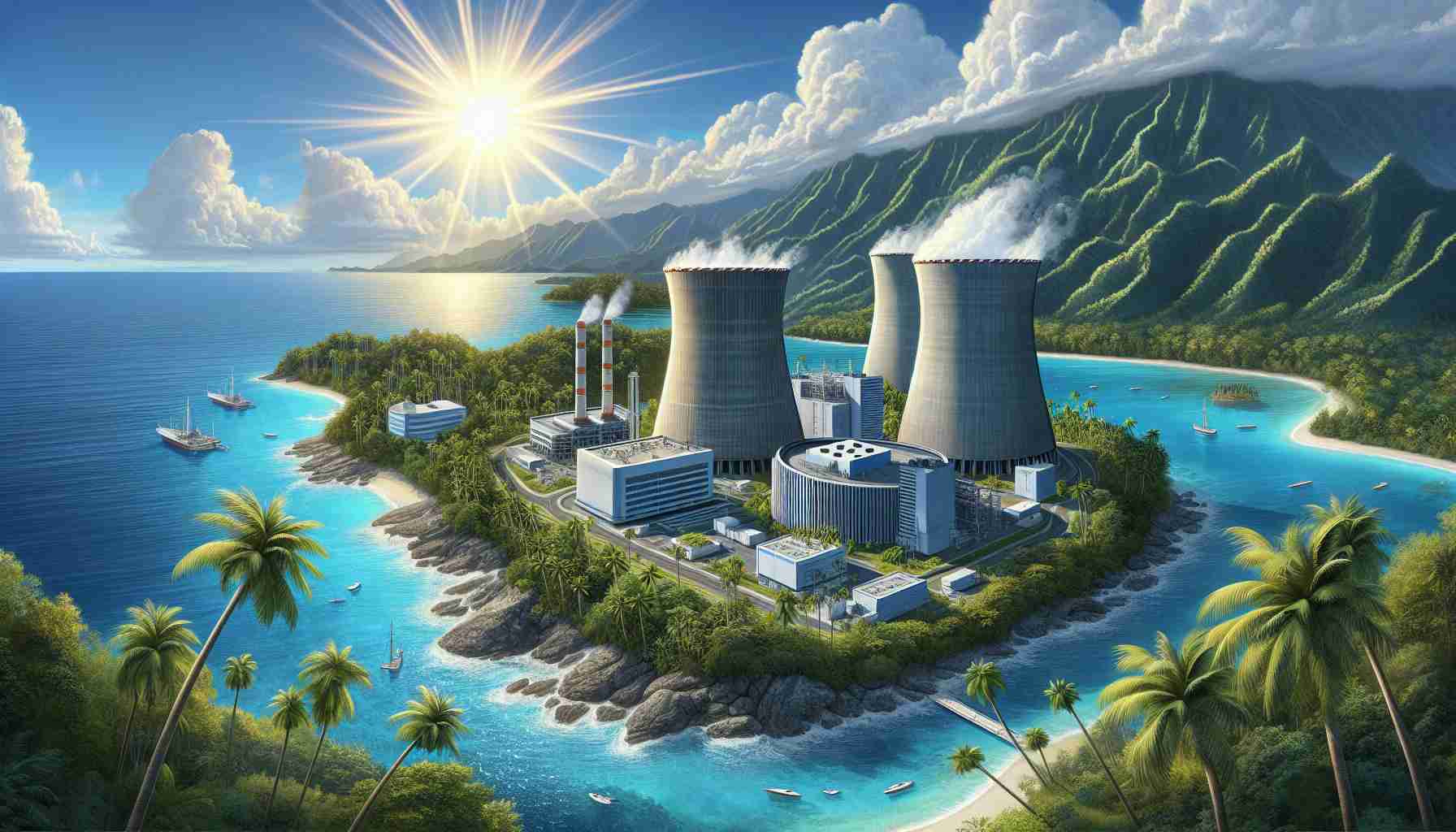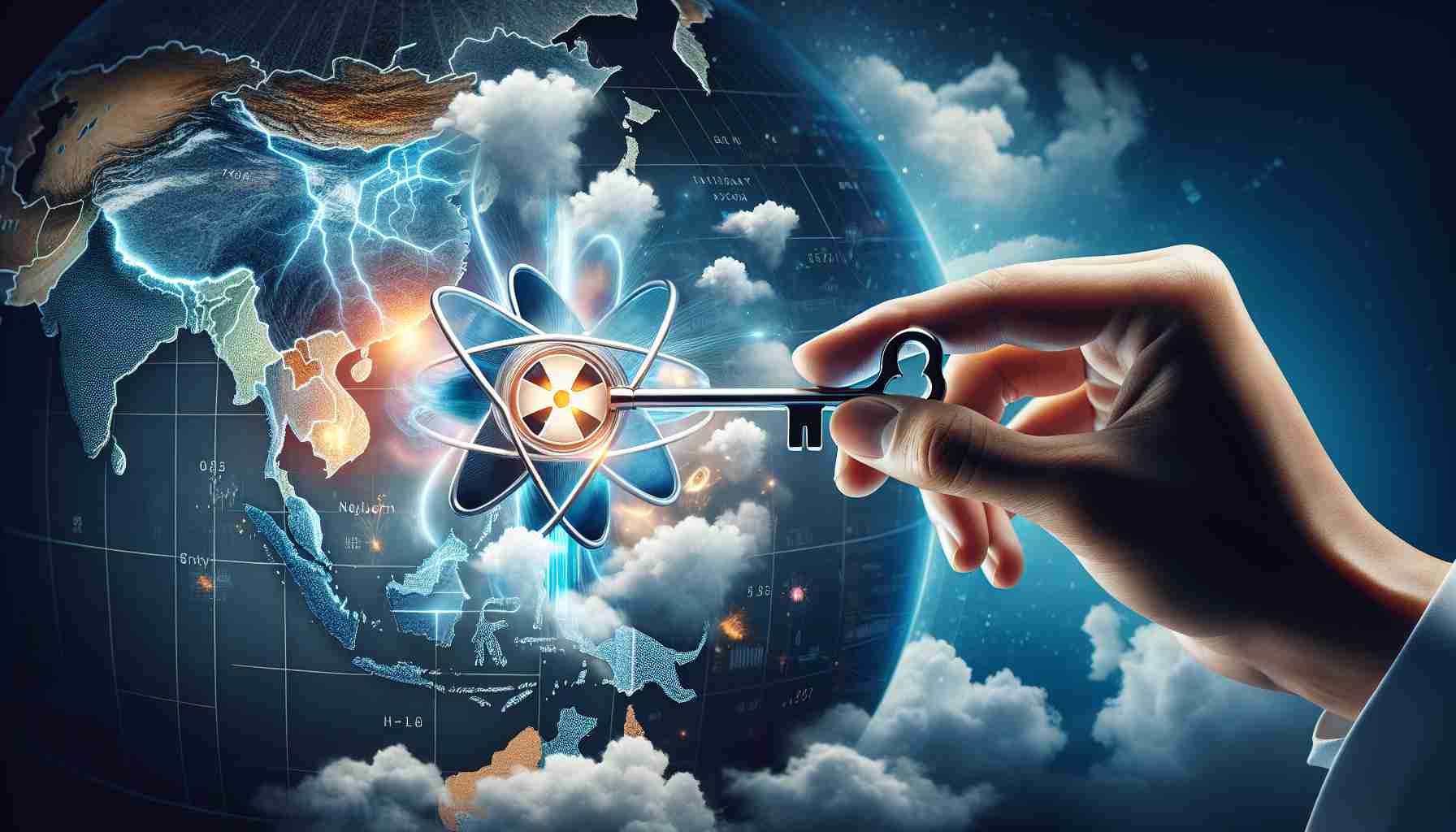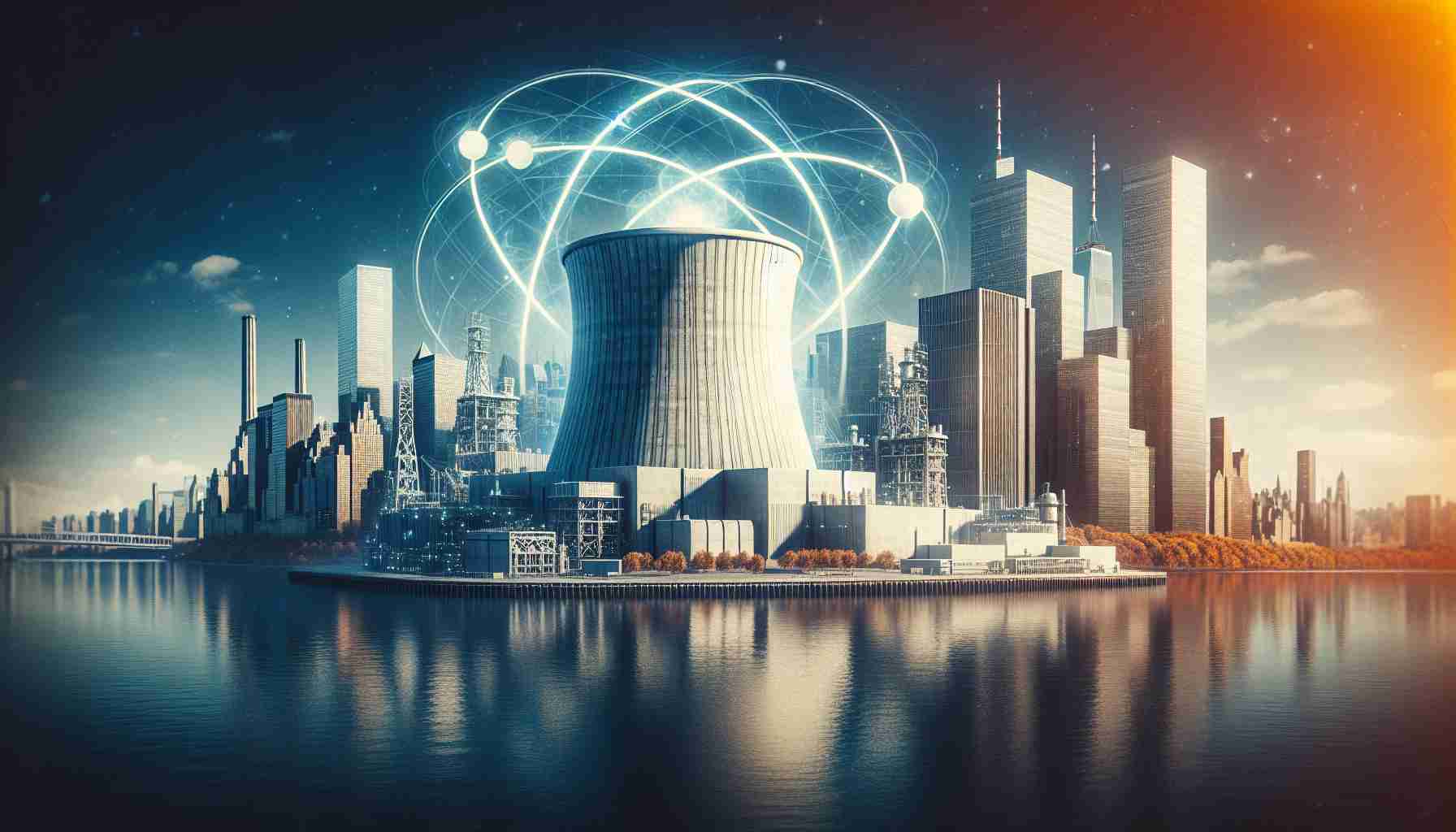The Potential Backfire of Pursuing Nuclear Energy
In a surprising twist, the Jamaican government has inked a Memorandum of Understanding with Canadian Nuclear Laboratories and Atomic Energy of Canada Limited. This agreement raises eyebrows, as both firms lack a proven track record in operating Small Modular Reactors (SMRs).
The allure of SMRs is compelling, touted as efficient and safe, but the reality is sobering—these reactors remain largely theoretical and untested. Jamaica, which has scant experience in nuclear technology, appears to be taking a significant gamble by becoming a testing ground for this high-stakes venture.
With Jamaica positioned within the hurricane belt and the presence of seismic activity from nearby fault lines, the risks associated with nuclear energy are magnified. The proposed solutions, although framed as resilient, do not guarantee safety when disaster strikes. Picture the chaos following a powerful hurricane, compounded by a nuclear facility in need of urgent care.
Moreover, nuclear waste management poses serious challenges. The island lacks suitable geological formations for long-term waste storage, and exporting waste presents legal and political dilemmas that could leave Jamaica tethered to international issues for decades.
Instead of branching into potentially perilous nuclear options, Jamaica should concentrate on harnessing its abundant renewable energy resources. By developing solar, wind, and wave power, the nation can create a sustainable, safer energy future while fostering local economic opportunities. The real question remains: Is this nuclear deal a genuine opportunity or a mirage sold to an unsuspecting nation?
Broader Implications of Jamaica’s Nuclear Energy Pursuit
The Jamaican government’s recent MoU with Canadian Nuclear Laboratories and Atomic Energy of Canada Limited raises pressing questions about the potential consequences for society and the environment. As the country edges toward nuclear energy, the implications could resonate throughout the Caribbean and beyond.
Economic impact: While proponents tout potential energy independence and job creation, the reality of investing in untested SMRs may deter foreign investment in other sectors. Local economies could suffer as resources are diverted to a high-risk nuclear program, potentially stunting growth in safer energy sectors like tourism and agriculture.
Cultural considerations: The introduction of nuclear energy may shift public perception about energy sources. Traditionally reliant on fossil fuels, communities that once valued nature’s immediacy could be torn between embracing modernity and protecting their cultural heritage.
Environmental risks: Given Jamaica’s vulnerability to extreme weather events, the environmental stakes are high. The chance of nuclear accidents resulting from a hurricane or seismic activity poses an existential threat, not just locally but regionally, as disaster could strip the Caribbean of valuable ecosystems and tourism revenue.
In a world increasingly focused on sustainability, Jamaica’s energy strategy could serve as a cautionary tale. Prioritizing renewable resources over nuclear power aligns more closely with global trends toward clean energy, potentially establishing Jamaica as a leader in innovative, sustainable practices rather than a test site for unproven technologies. The stakes are high, and the path forward should prioritize climate resilience and community well-being above all.
Is Jamaica’s Nuclear Energy Deal a Risky Gamble or a Bold Move?
The Potential Backfire of Pursuing Nuclear Energy
Recently, Jamaica has made headlines by signing a Memorandum of Understanding (MOU) with Canadian Nuclear Laboratories and Atomic Energy of Canada Limited to explore the implementation of Small Modular Reactors (SMRs) in the country. While SMRs are often praised for their potential efficiency and safety, several crucial factors raise concerns about this venture.
# FAQ: What are Small Modular Reactors?
Q: What are Small Modular Reactors (SMRs)?
A: SMRs are a type of nuclear fission reactor that are smaller in size compared to traditional nuclear reactors. They are designed to be built in factories and shipped to sites for assembly, potentially reducing construction costs and time.
Q: Are SMRs safe?
A: While proponents claim that SMRs have advanced safety features, many of these reactors remain untested at scale, and their actual performance in real-world scenarios is yet to be demonstrated.
# Pros and Cons of Jamaica’s Nuclear Strategy
Pros:
1. Potential Energy Independence: If successful, nuclear energy could reduce Jamaica’s reliance on imported fossil fuels.
2. Job Creation: Development of nuclear facilities and infrastructure could lead to job opportunities in engineering, construction, and operations.
Cons:
1. Safety Risks: Given Jamaica’s vulnerability to hurricanes and seismic activities, the risks associated with nuclear power are considerably heightened.
2. Nuclear Waste Management: Jamaica lacks the geological formations necessary for safe long-term storage of nuclear waste, leading to complex legal and political challenges if waste must be exported or stored on-site.
# Innovations and Trends in Nuclear Energy
As the global energy landscape evolves, many countries are reconsidering their approach to nuclear energy in light of increasing climate concerns. Recent innovations aim to address traditional nuclear energy’s shortcomings:
– Advanced Safety Features: New designs include passive safety systems that function without operator interventions in emergencies.
– Efficient Waste Solutions: Innovations in waste recycling and storage, including deep geological repositories, are being researched but remain largely theoretical outside of specific countries.
# Market Analysis and Future Predictions
The international market for nuclear energy is undergoing significant changes, with a noticeable trend toward the adoption of SMRs. Some predictions suggest that by 2030, the global market for SMRs could surpass $20 billion, driven by nations seeking cleaner energy alternatives. However, for Jamaica, the successful implementation of these technologies will hinge on securing the necessary infrastructure, legal frameworks, and public trust.
# Sustainability Insights
Focusing on renewable energy resources such as solar, wind, and wave power may align more closely with international sustainability goals. Investments in these areas could lead to lower long-term costs, less environmental risk, and sustainable economic development for Jamaica.
# Conclusion: A Calculated Risk or a Misstep?
As Jamaica navigates its energy future, the decision to pursue nuclear energy through SMRs comes with its share of potential benefits and significant risks. The country’s ability to mitigate the dangers associated with nuclear energy while fostering a solid foundation for renewable resources will ultimately dictate the success of its energy policies.
To explore more about renewable energy solutions and their impact, visit Jamaica Government.
The source of the article is from the blog mgz.com.tw



